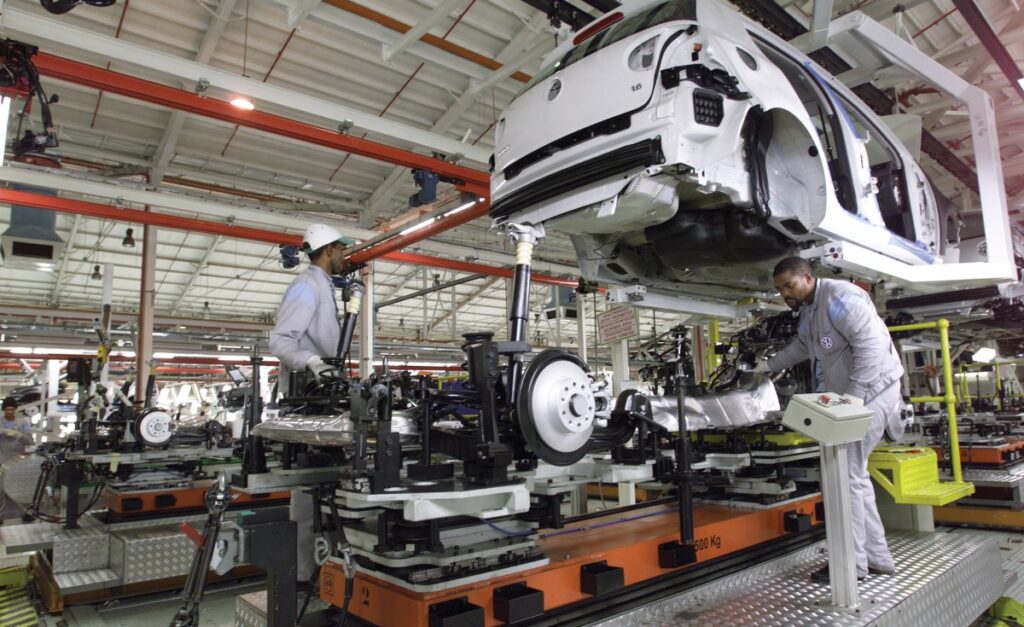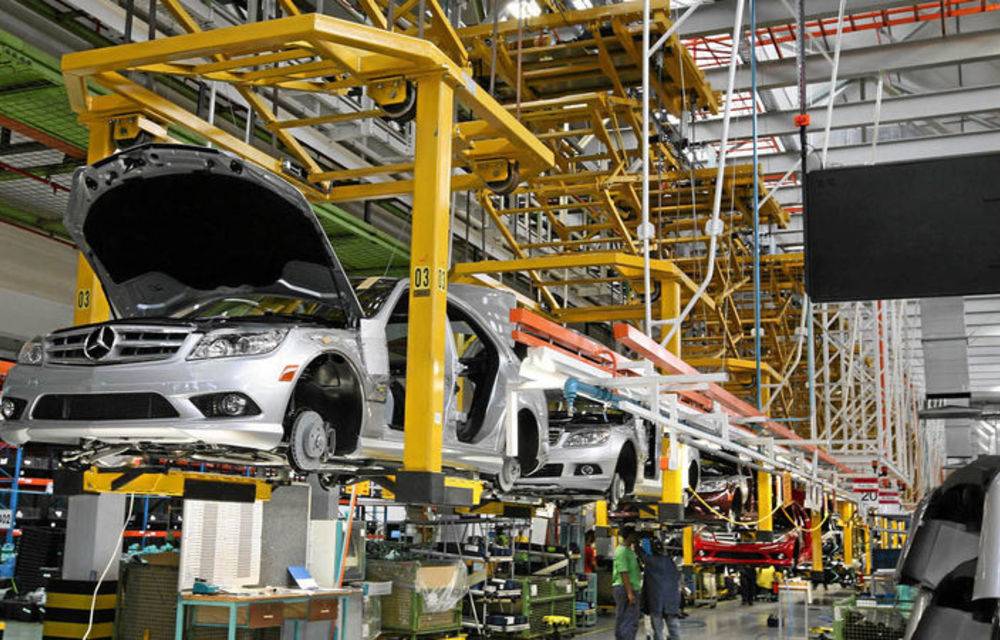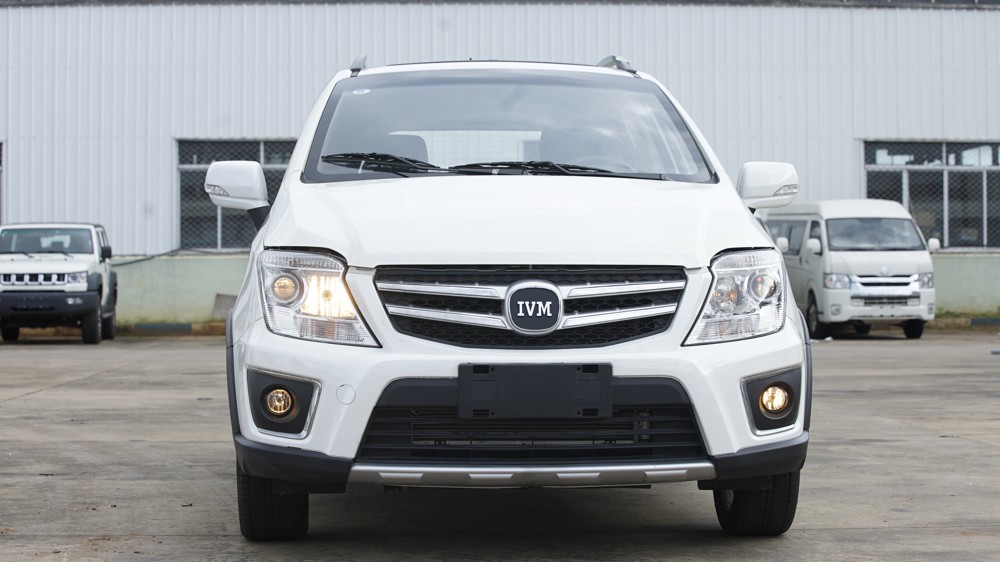Africa’s automotive industry is undergoing a transformative shift, fueled by a growing demand for locally manufactured vehicles. From Nigeria to Morocco, homegrown manufacturers and international automakers alike are reshaping the continent’s role in the global automotive industry. At the heart of this movement is Innoson Vehicle Manufacturing (IVM), Nigeria’s first indigenous car brand, which has become a symbol of innovation and self-reliance. As Africa’s largest economy looks to reduce dependence on imports and build a sustainable industrial base, IVM’s progress signals a broader trend of African nations stepping up to meet both regional and international market demands. South Africa and Morocco have also emerged as automotive heavyweights, leveraging infrastructure, trade agreements, and foreign investment to build globally competitive car manufacturing hubs. These countries not only dominate vehicle exports on the continent but are also positioning themselves to lead the transition toward electric mobility.
Innoson Vehicle Manufacturing: Pioneering Africa’s Automotive Revolution
Innoson Vehicle Manufacturing (IVM), Nigeria’s first indigenous automaker, has become a symbol of African industrial growth and self-reliance. Founded in 2010 by Chief Innocent Ifediaso Chukwuma, IVM has transformed from a modest vehicle assembly operation into a key player in Africa’s automotive sector. Headquartered in Nnewi, Anambra State, Innoson’s journey shows the continent’s growing capacity to innovate and produce world-class vehicles, catering to both local and regional markets. This success story is not only a testament to Nigeria’s industrial potential but also highlights a wider trend of local African manufacturers rising to meet the demands of a rapidly developing automotive industry.
The story of Innoson begins with a vision to revolutionize the automotive landscape in Nigeria, where car ownership was once limited to foreign imports. The company’s mission was to produce affordable and reliable vehicles suited to the unique needs of the African market. Over the years, Innoson has continually expanded its product line, ranging from cars and buses to heavy-duty trucks. Today, IVM has a production capacity set to reach 60,000 vehicles annually by the end of 2025, following a 500% increase in production capacity. This achievement is a result of substantial investments in advanced technologies, including robotic painting systems and semi-automated production lines. These upgrades have not only enhanced the quality of IVM vehicles but have also positioned the company as a key player in West Africa’s automotive market.
The Rise of South Africa’s Automotive Industry
While Innoson’s growth is impressive, it is part of a broader shift happening across Africa, particularly in countries like South Africa, which has long been a powerhouse in automotive manufacturing. South Africa is home to some of the world’s biggest automotive brands, including Toyota, Ford, BMW, and Mercedes-Benz, all of which have substantial manufacturing plants in the country. As one of Africa’s top automotive exporters, South Africa’s vehicle production is not limited to its domestic market; it plays a vital role in the global supply chain. In fact, in 2024, South Africa exported vehicles valued at approximately 35 billion rand.
South Africa’s success in car manufacturing is as a result of several factors, including a well-established infrastructure, access to skilled labor, and attractive trade agreements that facilitate exports. The country’s automotive industry also benefits from the Automotive Production and Development Programme (APDP), which provides significant incentives to manufacturers, fostering further investment and growth. Additionally, South Africa’s push towards electric vehicle (EV) production signals the country’s readiness to embrace the future of transportation. In 2023, the South African government announced a $54 million investment to incentivize the local production of EVs, making it one of the few African countries to commit to electric mobility on such a scale.
Morocco: Gaining ground in Vehicle Exports
While South Africa remains the dominant automotive exporter in Africa, Morocco is rapidly gaining ground as a key player. Morocco has become the continent’s largest automotive exporter, with an annual production of over 700,000 vehicles. This impressive output can be attributed to the country’s strategic geographical location, making it a gateway to Europe and other global markets. Morocco’s automotive industry is also bolstered by foreign investments from global giants such as Renault, Stellantis, and PSA Peugeot. These companies have established production plants in Morocco, attracted by the country’s skilled labor force and competitive manufacturing costs.
The success of Morocco’s automotive sector has significantly contributed to the nation’s economic growth, with the industry accounting for roughly 22% of Morocco’s GDP and generating $14 billion in exports annually. As part of its efforts to diversify its economy and further strengthen its automotive industry, Morocco is focusing on developing a local electric vehicle production ecosystem. This shift is expected to solidify the country’s role in Africa’s automotive future and provide a platform for sustainable growth in the coming decades.

Kenya, Egypt, and Ghana: Emerging Automotive Markets
While countries like South Africa and Morocco dominate the African automotive landscape, several other nations are making strides in developing their own car manufacturing industries. Kenya, for example, has seen growth in its automotive sector, with companies like Kenya Vehicle Manufacturers (KVM) assembling vehicles for global brands such as Isuzu and Volkswagen. The Kenyan government is actively supporting the growth of this sector by providing incentives and establishing favorable conditions for local manufacturing.
Similarly, Egypt’s automotive market has seen a rise in both local production and foreign partnerships. Egyptian manufacturers are producing vehicles not only for domestic consumption but also for export to neighboring countries and beyond. The country’s strategic location and favorable trade agreements make it an attractive destination for international automakers looking to expand their footprint in the Middle East and Africa.
Ghana, too, is making efforts to develop its automotive manufacturing capacity. The government has attracted significant foreign investment from companies like Toyota and Volkswagen, both of which are setting up production facilities in the country. Ghana’s automotive policy aims to create a sustainable local manufacturing industry that can support both domestic demand and regional exports, contributing to the country’s economic development.
Challenges and Opportunities for Africa’s Automotive Sector
Despite the impressive progress made by Innoson and other African automotive companies, the industry still faces significant challenges. Access to affordable financing remains a major barrier, particularly for small and medium-sized manufacturers. Infrastructure challenges, such as poor road networks and limited access to reliable energy, continue to hinder the sector’s growth. The lack of a skilled workforce in some regions also poses a challenge to achieving higher levels of automation and efficiency in production.
These challenges also present opportunities for growth. As more African countries embrace industrialization, there is an increasing demand for vehicles that are suited to local conditions. Companies like Innoson, with their focus on affordability and durability, are well-positioned to meet this demand. Also, the rise of electric vehicles presents an opportunity for African automakers to come up with traditional internal combustion engines and position themselves at the forefront of the clean energy revolution.

Innoson Vehicle Manufacturing’s success story exemplifies the growing strength of the African automotive industry. By combining innovation, local expertise, and a keen understanding of the African market, Innoson has managed to carve out a niche for itself in an increasingly competitive sector. As Africa’s automotive market continues to evolve, the continent’s potential to become a global manufacturing hub is becoming more evident. With increasing investments in technology, infrastructure, and skilled labor, African automakers like Innoson, as well as industry leaders in South Africa, Morocco, and beyond, are paving the way for a new era in automotive production. The road ahead may be filled with challenges, but the opportunities for growth are vast, and Africa’s automotive industry is well on its way to becoming a force to be reckoned with on the global stage.




